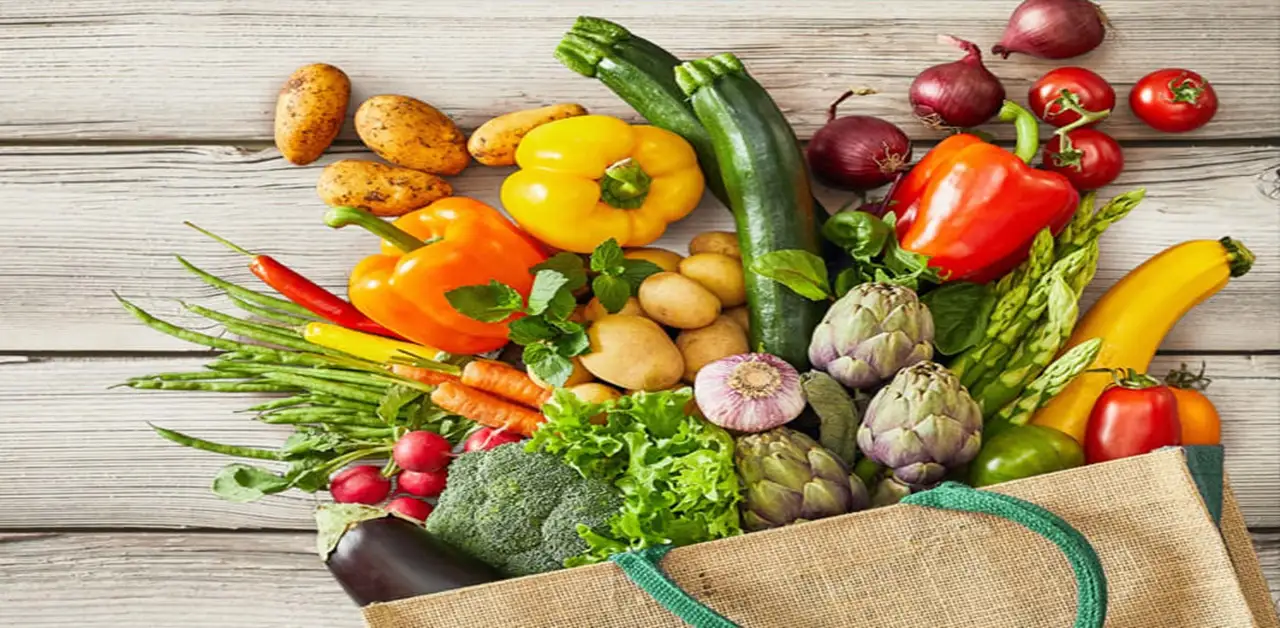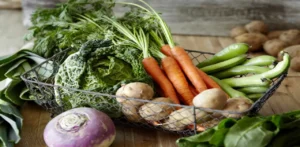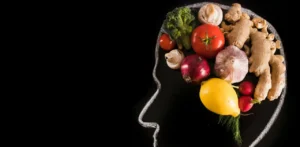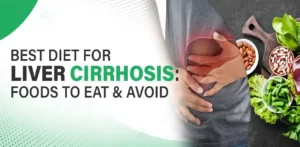Contents
Prostate cancer is a significant health concern for men worldwide. While medical treatments are essential, a balanced diet can play a crucial role in managing the disease and improving overall well-being. This blog post delves into the best foods for prostate cancer patients, provides practical nutrition tips, and suggests meal ideas to support those undergoing treatment. Whether you’re a patient or a caregiver, understanding the role of nutrition can make a substantial difference. Plus, discover how you can order healthy food tailored to specific dietary needs from the IntRest website.
Understanding Prostate Cancer
Prostate cancer occurs in the prostate gland, which is part of the male reproductive system. It is one of the most common cancers among men, especially those over the age of 50. The severity of prostate cancer can vary, with some forms being slow-growing and others being more aggressive. Symptoms often include difficulty urinating, blood in the urine, and pelvic discomfort. While early detection through regular screenings can significantly improve outcomes, lifestyle factors, including diet, also play a vital role in managing the disease.
The Importance of Diet in Prostate Cancer Management
A prostate cancer diet is designed to support overall health, boost the immune system, and potentially slow the progression of the disease. Here are some key dietary considerations for those diagnosed with prostate cancer:
- Anti-inflammatory Foods: Chronic inflammation is linked to many cancers, including prostate cancer. Foods rich in antioxidants and anti-inflammatory properties, such as fruits, vegetables, nuts, and seeds, are essential.
- Healthy Fats: Omega-3 fatty acids, found in fish like salmon and mackerel, and flaxseeds, can help reduce inflammation and support heart health.
- Plant-Based Diet: Emphasizing plant-based foods over red and processed meats can lower the risk of prostate cancer progression. Beans, legumes, and whole grains should be staples.
- Lycopene-Rich Foods: Lycopene, an antioxidant found in tomatoes, watermelon, and pink grapefruit, has been shown to have protective effects against prostate cancer.
- Cruciferous Vegetables: Vegetables such as broccoli, cauliflower, and Brussels sprouts contain compounds that may help reduce cancer risk.
Also Read: “Effective Diet and Nutrition Tips for Stomach Cancer Patients”
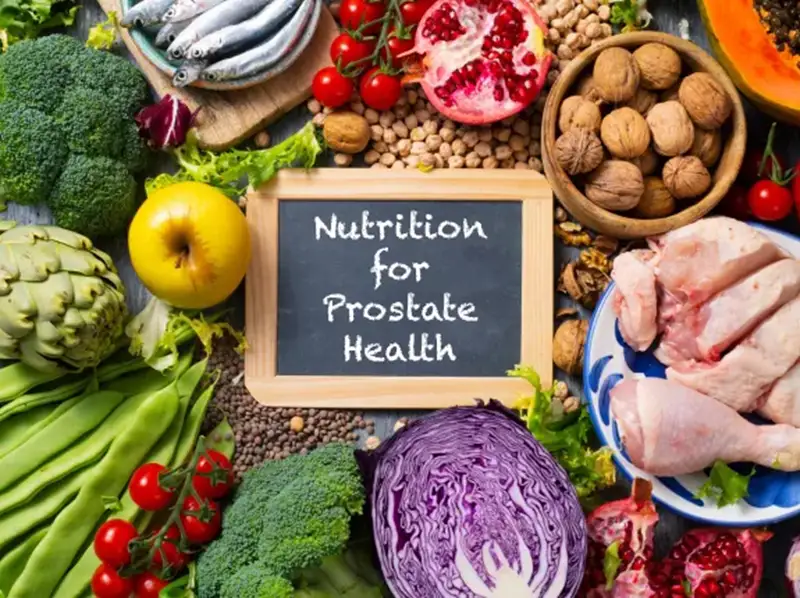
Foods for Prostate Cancer Patients
Incorporating specific foods into your diet can provide numerous benefits for prostate cancer patients. Here are some of the best foods for prostate cancer management:
- Tomatoes and Tomato Products: Rich in lycopene, they may help slow cancer cell growth.
- Green Tea: Contains polyphenols that have been shown to reduce tumor growth.
- Pomegranate Juice: High in antioxidants, it may help in managing PSA levels.
- Soy Products: Isoflavones in soy can have a protective effect.
- Fish: Particularly fatty fish like salmon, which are high in omega-3 fatty acids.
- Berries: Blueberries, strawberries, and raspberries are packed with antioxidants.
- Nuts: Especially Brazil nuts, which are high in selenium.
Nutrition During Prostate Cancer Treatment
During treatment, maintaining proper nutrition can help manage side effects and support recovery. Here are some tips:
- Stay Hydrated: Drink plenty of water to help flush out toxins and stay hydrated.
- Small, Frequent Meals: This can help manage nausea and maintain energy levels.
- High-Protein Foods: Support muscle maintenance and repair by including lean meats, beans, and dairy.
- Fiber-Rich Foods: Help with digestive health and manage constipation, a common side effect of treatment.
- Limit Sugar and Processed Foods: These can cause inflammation and impact overall health negatively.
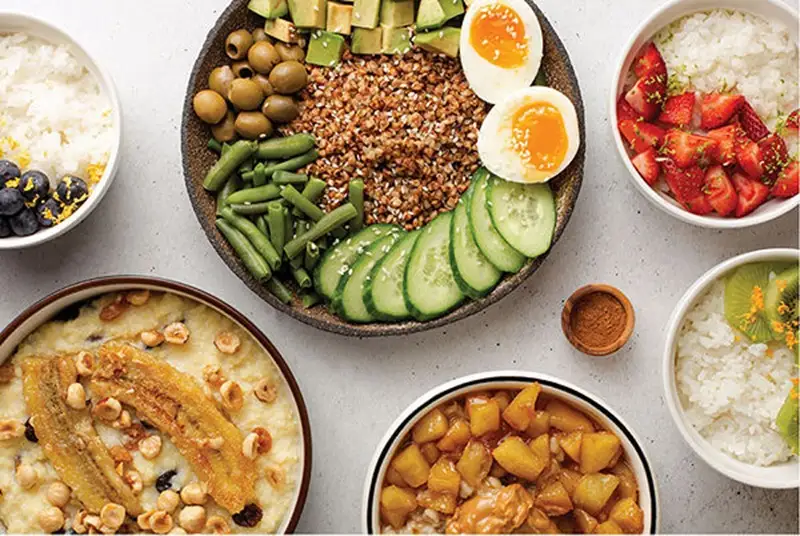
Prostate Cancer-Friendly Meals and Recipes
Planning meals that are both nutritious and appetizing can be a challenge. Here are some prostate cancer-friendly meal ideas:
- Breakfast: Oatmeal topped with berries and a sprinkle of flaxseeds.
- Lunch: A quinoa salad with mixed greens, cherry tomatoes, cucumbers, and a lemon-tahini dressing.
- Dinner: Baked salmon with a side of steamed broccoli and sweet potato.
- Snack: A handful of walnuts and a cup of green tea.
Also Read: “Optimal Diet for Thyroid Cancer: Best Foods & Nutrition Tips”
Prostate Cancer Nutrition Therapy
Nutrition therapy involves working with a dietitian to develop a personalized eating plan that meets the specific needs of prostate cancer patients. This approach can help manage symptoms, improve treatment outcomes, and enhance the quality of life.
- Personalized Plans: Tailored to individual needs, preferences, and treatment side effects.
- Monitoring and Adjustments: Regular assessments to adapt the diet as needed.
- Education and Support: Providing knowledge and resources to make informed food choices.
Conclusion: Empower Your Health with IntRest
Managing prostate cancer involves more than just medical treatments; it requires a comprehensive approach that includes a well-balanced diet. By focusing on prostate cancer-friendly meals and adhering to nutrition tips, patients can support their treatment and improve their overall health.
For those seeking convenient and healthy food options, IntRest offers a unique solution. Our platform categorizes restaurant menus based on specific dietary needs, making it easy to find and order meals that align with your illness, diet, and allergies. Empower your health journey by making informed dietary choices with the help of IntRest.
Explore our offerings and start your journey to better health today with IntRest – where your dietary needs meet delicious, healthy food.
